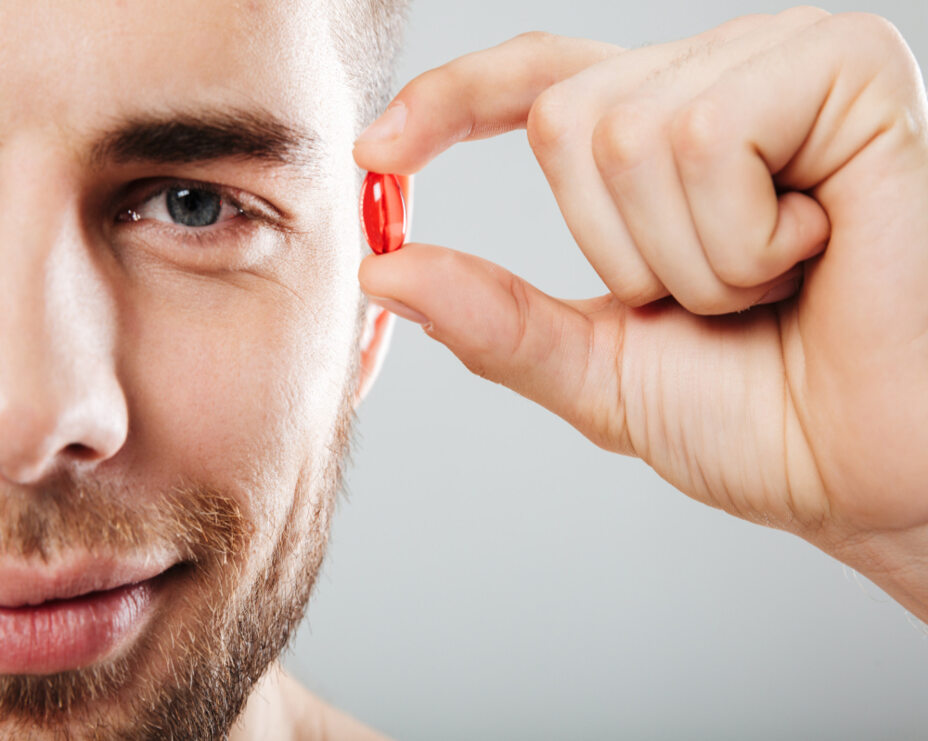Essential Takeaways
- Understand what is anxiety disorder.
- Kinds of anxiety disorder, their symptoms and treatment.
Getting anxious about something is a normal emotion, especially in situations like problems at your office or making an important decision. This is quite a normal emotion. However, there are anxiety disorders that can be quite serious and affect your way of living. But with proper treatment, this disorder can be managed and the affected individuals can lead a normal life.
There are four kinds of anxiety disorders which are listed below:
- Panic Attack – This condition can cause feelings of terror that strike suddenly with no warning. Symptoms of this condition include sweating, chest pain, palpitations and a choked feeling.
- Social Anxiety Disorder – This condition occurs in social situations and involves overwhelming worry and self-consciousness, and hence it is called social phobia as well. The worry is often caused by a fear of being judged by others in social situations and public places.
- Specific Phobias – Intense fear of a specific object or action are called phobias. Here, the level of fear is too high, that the affected individual may avoid day-to-day activities to avoid the cause of the fear.
- Generalized Anxiety Disorder – In this condition, there may be no significant cause of worry, but the affected individual is always worried and tensed.
Symptoms of Anxiety Disorder
Though the symptoms of anxiety disorder vary on the type and on the basis of the situation of the affected individual, some of the symptoms that are common in all types of anxiety disorders are:
- Feelings of panic and fear
- Problems with sleeping (either difficulty in sleeping or excessive sleeping)
- Cold or sweaty hands
- Shortness of breath
- Heart palpitations
- Restlessness
- Dry mouth
- Numbness in hands and feet
- Nausea
- Dizziness
Causes of Anxiety Disorder
The exact cause of anxiety disorders is unknown, but are triggered by trauma, changes in the brain and environmental stress. It can also be genetically acquired where one of both the parents suffer from anxiety disorders.
Diagnosis of Anxiety Disorders
Your physician would first perform a check for physical illnesses. If nothing is found, the physician may refer you to a psychiatrist or psychologist. With the help of an interview and proper counseling sessions, you may be able to manage your anxiety disorder.
Treatment
- Medication – Drugs such as antidepressants, anticonvulsants, and low dose antipsychotics may be used to manage symptoms of anxiety.
- Psychotherapy – This is a type of counseling that focuses on the emotional response on the affected individual towards certain stressful conditions.
- Cognitive behavioral therapy
- Dietary and lifestyle changes
- Relaxation therapy or meditation
Prevention
This disorder cannot be prevented and may occur in individuals irrespective of age and gender. However, the occurrence of this disorder can be managed by following these steps:
- Reduce the intake of caffeine by reducing the consumption of coffee, tea, soda, energy drinks or chocolate.
- Go for a counselling session if you feel anxious for no apparent reason.












